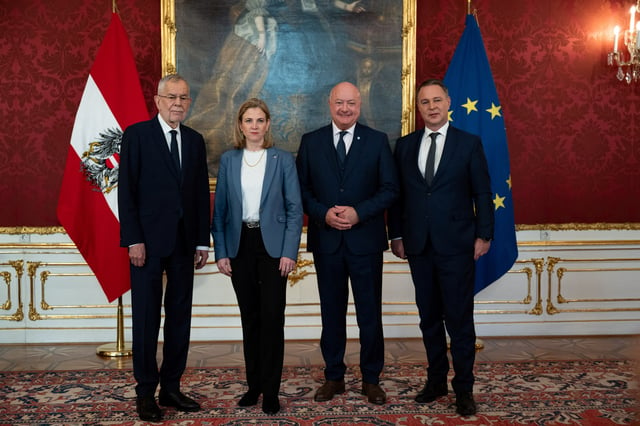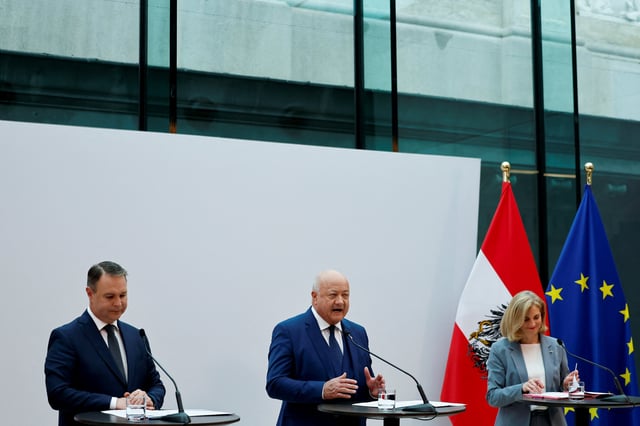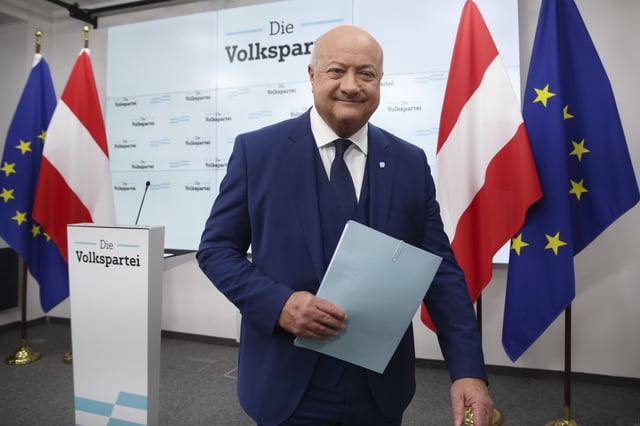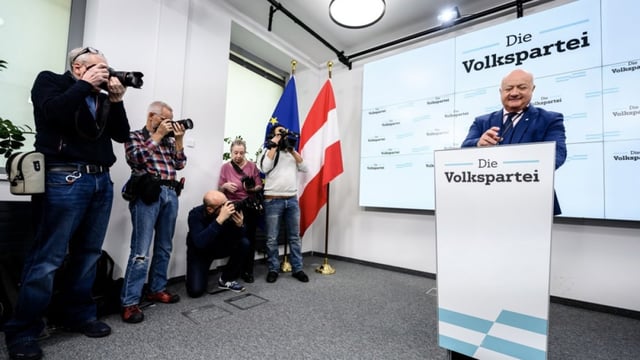Overview
- Austria's conservative People's Party (ÖVP), center-left Social Democrats (SPÖ), and liberal Neos have agreed to form a coalition government.
- The far-right Freedom Party (FPÖ), which won the most votes in last September's election, was unable to form a government due to policy disagreements with the ÖVP.
- The coalition deal ends a record 129-day post-election stalemate, the longest in Austria's post-World War II history.
- Christian Stocker, leader of the ÖVP, is set to become Austria's new chancellor, with SPÖ's Andreas Babler as vice chancellor.
- The coalition's proposed agenda includes budget consolidation and social reforms, aiming to balance conservative and progressive policies.



